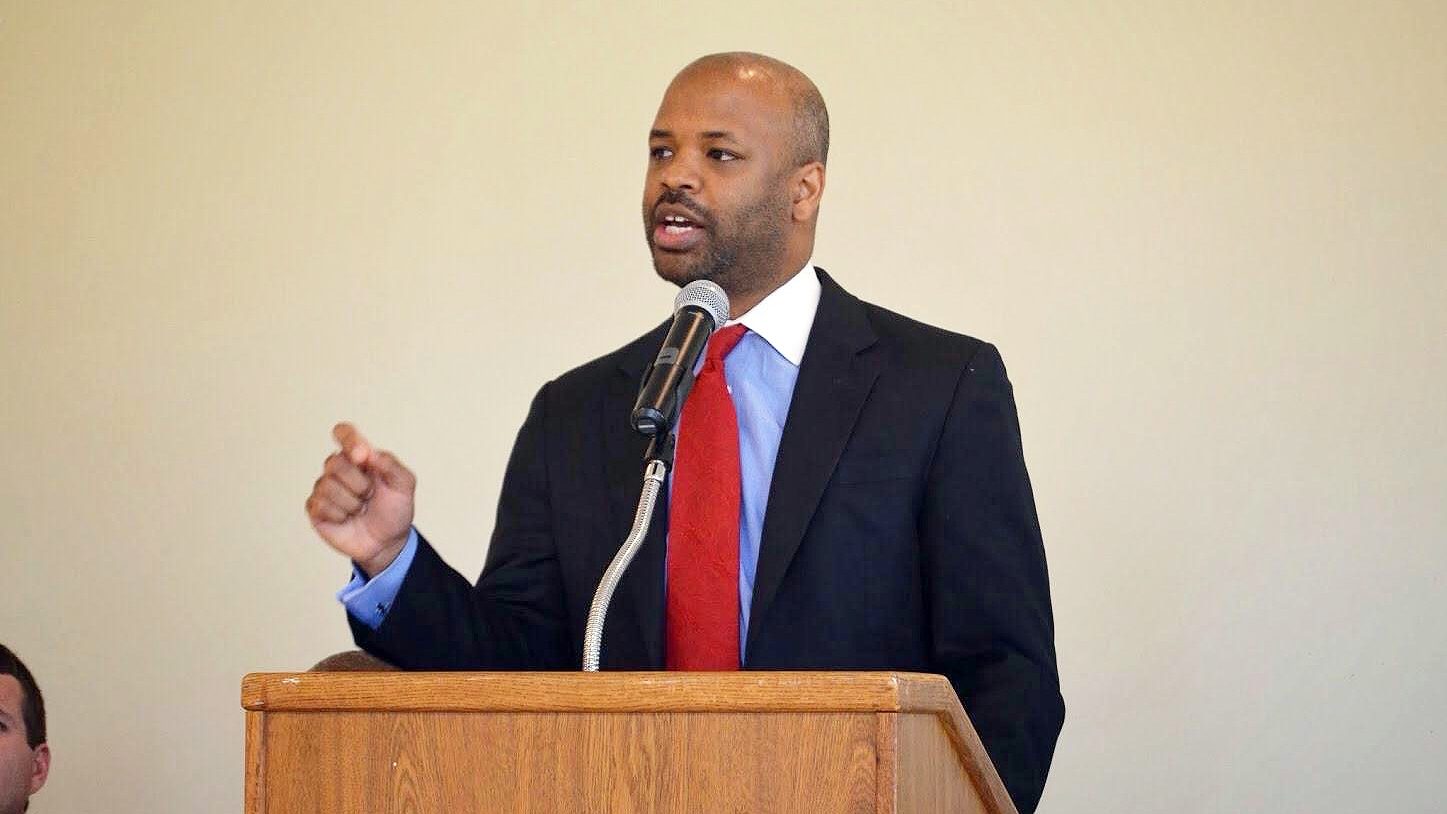A new bill has been filed addressing the retention of prisoners’ organs following their death in prison.
Rep. Chris England, D-Tuscaloosa, is the sponsor of the bill and is the latest in a slew of criminal reform bills he has filed in this early 2024 Legislative Session.
The bill states that medical examiners, “shall not retain a deceased person’s entire organ or organs for research or any other purpose not in conjunction with a determination of identification or cause or manner of death without notification to, and approval by, the appropriate next of kin.”
If this provision is violated, medical examiners could be charged for a Class C felony. In Alabama, an individual convicted of a Class C felony can be sentenced to a minimum of one year to a maximum of 10 years in prison along with a fine not exceeding 15,000 dollars.
There have been at least three notable incidents lately where families have revealed they received the bodies of their incarcerated loved ones after their death with different organs missing. The incidents include organs being taken from Brandon Dotson, Kelvin Moore and Charles Edward Singleton.
Following an incarcerated person’s death in the custody of Alabama Department of Corrections (ADOC) an autopsy is performed by the Alabama Department of Forensic Sciences or University of Alabama at Birmingham (UAB).
In Dotson’s case his body was returned to his family in a decomposing state and with his heart missing. Dotson’s family has since filed a lawsuit against ADOC, UAB and ADFS for their potential involvement in the taking of his organs without the consent or notification of his family.
In July 2021, Gov. Kay Ivey signed a bill into a law that was meant to prevent organ retention after an autopsy without consent from the next of kin. Yet, this appears to not have been followed in the three incidents previously mentioned.
The bill will go before the House Judiciary Committee this week for potential passage to the House floor.




















































